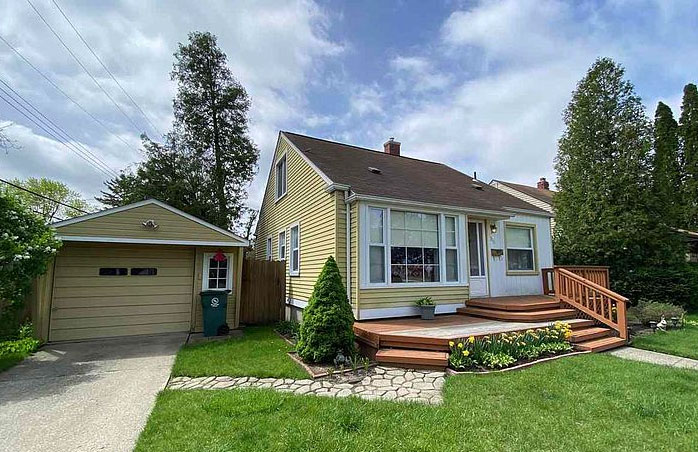So, you’re ready to buy a house, but you need to take out a mortgage. Then boom, you’re overwhelmed with the many loan types available. In this post, we will look at two types of loans—conventional and FHA loans— to help you find the right type of mortgage loan for you.
FHA Loan vs. Conventional Loan

The Federal Housing Administration (FHA) offers home loans with less restrictive qualifications. It’s an ideal option for homebuyers who are worried about paying for the down payment and/or have low credit scores.
On the other hand, a conventional loan is insured by private lenders. Compared to an FHA loan, a traditional loan has stricter requirements, such as a high credit score and lower debt-to-income (DTI) ratio and down payment.
It is also known as a conforming loan because it conforms to Fannie Mae and Freddie Mac standards. Moreover, a conventional loan is available in fixed rates and ARMs that range from 10 to 30 years.
Credit Score Requirements
Both loans have specific credit score requirements. Your credit score represents the amount of risk a lender takes when you borrow money. It can range from excellent, usually 800 and above, to poor, 350 to 579. Your credit score is all based on your credit history; therefore, the higher your credit score is, the less risk for your lender.
There are two scoring models that some lenders also consider, such as the VantageScore and FICO Score. Here are some factors that lenders look at when it comes to your credit score:
- How well you make payments on time
- How you use your credit
- Length of your credit history
- New credit accounts
- Types of credit you use
So, how do you know if your credit score is good or not? For a conventional loan, the credit score requirements vary depending on the lender. However, private lenders need you to have a minimum credit score of 620 or higher to qualify for a conventional loan.
The reason conventional loans have higher credit score requirements compared to FHA loans is that private lenders have more risk because they’re not backed by a government agency.
On the other hand, the minimum credit score requirement for an FHA loan is 500. Indeed, it’s an easy requirement to meet, but there’s a catch. You will need to shell out a down payment to get this type of loan. Now, the higher your credit score is, the lower your down payment will be.
Down Payments
Conventional loans don’t require a 20% down payment, and you can provide a lower one. However, when you have a lower down payment, your lender will require you to get a Private Mortgage Insurance (PMI), which will protect the lender should you default on your loan.
As for FHA loans, you can pay a down payment as low as 3.5%, but you need to have a credit score of at least 580.
Conclusion
Now that you know some of the most important things about FHA and conventional loans, you can make a better-informed decision. It would also help to speak to a professional to help you through the decision-making process. Unsure of which mortgage loan type you should go for? Mortgage City, a reliable mortgage broker in Michigan, will help you find the best mortgage for you. Rest assured, we will handle the process with speed, integrity, and the highest standards in customer care. Contact us at (248) 930-8709! We serve clients in Royal Oak and throughout the states of Michigan, Florida, and New Hampshire.






